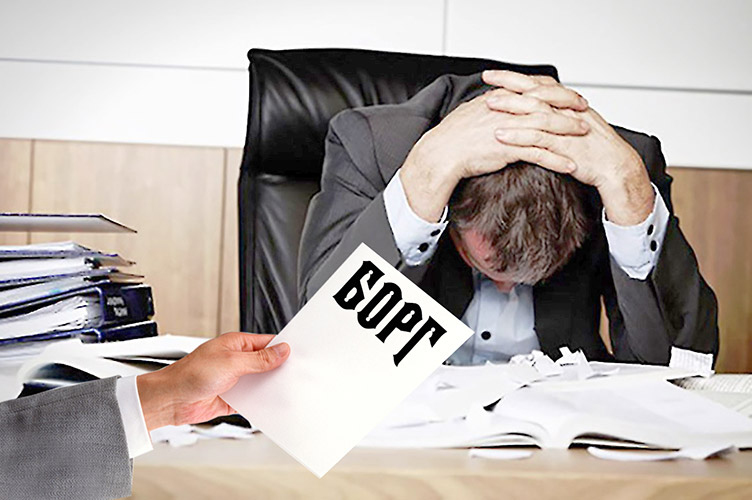I constantly strive to develop and acquire new knowledge, my experience and additional education confirm this.
Opening enforcement proceedings is a process by which a debt collector can apply to an enforcement body (for example, an enforcement officer or a court enforcement service) to enforce a court decision or enforcement document regarding debt collection.
Here are some of the steps you usually need to take to open enforcement proceedings:
1. Application submission. The debt collector (a person or organization that aims to collect a debt) submits an application to the executive body, which indicates information about the debtor, the essence of the executive document and other necessary data.
2. Verification of the executive document. The executive body checks the legality and authenticity of the executive document, which is the basis for executive proceedings.
3. Issuance of a summons: The debtor is sent a summons on the initiation of enforcement proceedings, which indicates information about the requirements and deadlines for execution.
4. Application of enforcement measures. If the debtor does not execute the executive document voluntarily, the executive body can apply various enforcement measures, such as seizure of property, withholding of funds from bank accounts, etc.
It is important to comply with all requirements and deadlines established by law for opening and conducting enforcement proceedings, as well as seek help from qualified specialists or lawyers if necessary.
Thus, in Ukraine, the enforcement of decisions is entrusted to the bodies of the state executive service.These bodies are responsible for carrying out executive proceedings regarding the execution of decisions of courts, other bodies and resolutions and orders that have an executive nature.
The main tasks of state executive service bodies include:
1. Enforced execution of court decisions. State executive bodies ensure the execution of court decisions regarding the collection of monetary sums, the execution of decisions on compensation for moral (property) damage, as well as other types of court sentences.
2. Execution of executive orders and orders of other bodies. Bodies of the state executive service also ensure the execution of executive inscriptions and orders of other bodies that have an executive nature, for example, the tax service or the executive committee.
4. Search of property for execution of decisions. The bodies of the executive service have the right to search the property of the debtor for its further enforcement.
Protection of the rights of the parties in enforcement proceedings. Bodies of the state executive service carry out their activities taking into account the legitimate interests of the parties in executive proceedings.
These bodies play an important role in ensuring the execution of court judgments and other decisions of an executive nature, and perform the functions of ensuring law and order in this area.
A private executor can enforce court decisions or enforcement documents in accordance with the legislation of some countries. A private executor acts on behalf of an executive body or executive officer and has the authority to take various measures to collect a debt or ensure the execution of a court decision.Here are some of the functions and powers of a private executor:
- a private executor can issue a summons in which the requirements to be fulfilled, deadlines and other important data are specified. This summons is then forwarded to the debtor;
- the bailiff may apply enforcement measures, such as seizure of property or withholding of funds from the debtor's bank accounts.
- the private executor is obliged to submit reports on the execution of executive documents and execution of court decisions to the relevant executive bodies.
- the executor can conduct negotiations and communicate both with the creditor (collector) and with the debtor in order to resolve issues of execution.
































